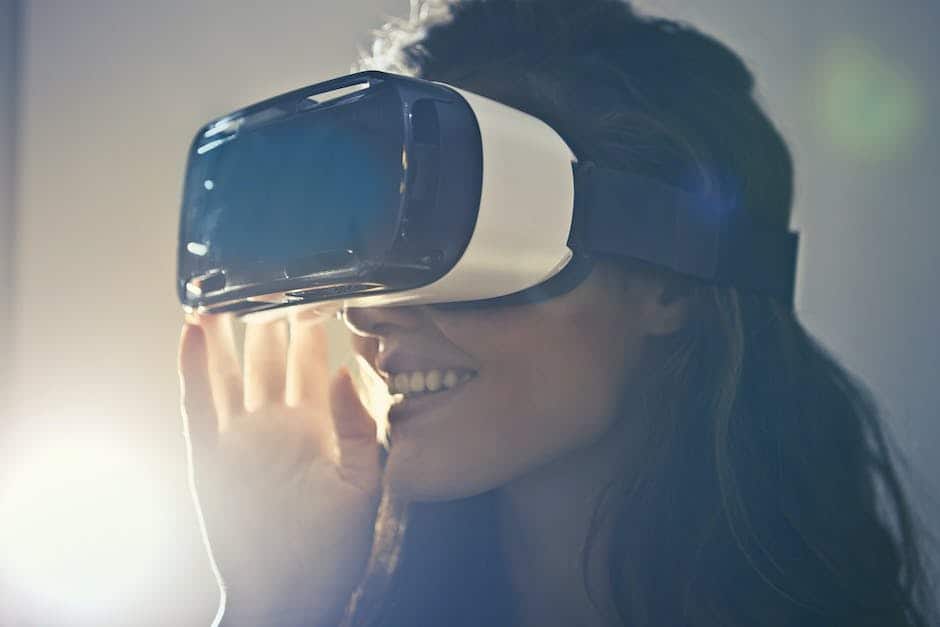
The Role of Virtual Reality in Modern Real Estate Marketing

Introduction
Virtual reality (VR) has revolutionized the way we experience the world around us. From gaming to education, VR has found its way into various industries, including real estate. In recent years, VR has become an essential tool for real estate agents and developers to showcase properties to potential buyers. In this article, we will explore the role of virtual reality in modern real estate marketing and how it is changing the way we buy and sell properties.
What is Virtual Reality Marketing?
Virtual reality marketing is the use of VR technology to create immersive experiences for potential buyers. It allows buyers to explore properties in a virtual environment, giving them a realistic sense of the space and layout. With VR, buyers can take virtual tours of properties from the comfort of their own homes, saving time and money on physical visits. VR marketing also allows developers to showcase properties that are still under construction, giving buyers a glimpse of what the finished product will look like.
How is Virtual Reality Marketing Used in Real Estate?
Virtual reality marketing is used in various ways in real estate. One of the most common uses is for property tours. With VR, buyers can take virtual tours of properties, giving them a sense of the space and layout. VR tours can be customized to showcase specific features of the property, such as the view or the kitchen. VR tours can also be used to showcase properties that are still under construction, giving buyers a sense of what the finished product will look like.
Another use of VR in real estate is for staging. With VR, developers can create virtual staging, allowing buyers to see what the property would look like with furniture and decor. Virtual staging is a cost-effective alternative to physical staging, which can be expensive and time-consuming.
Benefits of Virtual Reality Marketing in Real Estate
Virtual reality marketing offers several benefits to real estate agents, developers, and buyers. For agents and developers, VR marketing allows them to showcase properties in a more engaging and immersive way. It also allows them to reach a wider audience, as buyers can take virtual tours from anywhere in the world. For buyers, VR marketing saves time and money on physical visits and allows them to explore properties at their own pace.
FAQs
1. How does virtual reality marketing benefit real estate agents?
Virtual reality marketing allows real estate agents to showcase properties in a more engaging and immersive way. It also allows them to reach a wider audience, as buyers can take virtual tours from anywhere in the world.
2. How does virtual reality marketing benefit buyers?
Virtual reality marketing saves time and money on physical visits and allows buyers to explore properties at their own pace. It also allows them to take virtual tours of properties from anywhere in the world.
3. What is virtual staging?
Virtual staging is the use of VR technology to create virtual furniture and decor in a property. It allows buyers to see what the property would look like with furniture and decor without the need for physical staging.
Conclusion
Virtual reality marketing has become an essential tool for real estate agents and developers to showcase properties to potential buyers. It allows buyers to take virtual tours of properties from anywhere in the world, saving time and money on physical visits. VR marketing also allows developers to showcase properties that are still under construction, giving buyers a glimpse of what the finished product will look like. With the benefits of VR marketing, it is no surprise that it is becoming increasingly popular in the real estate industry.